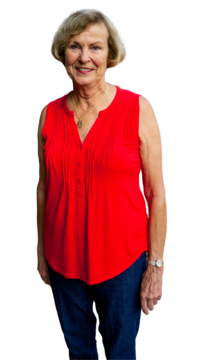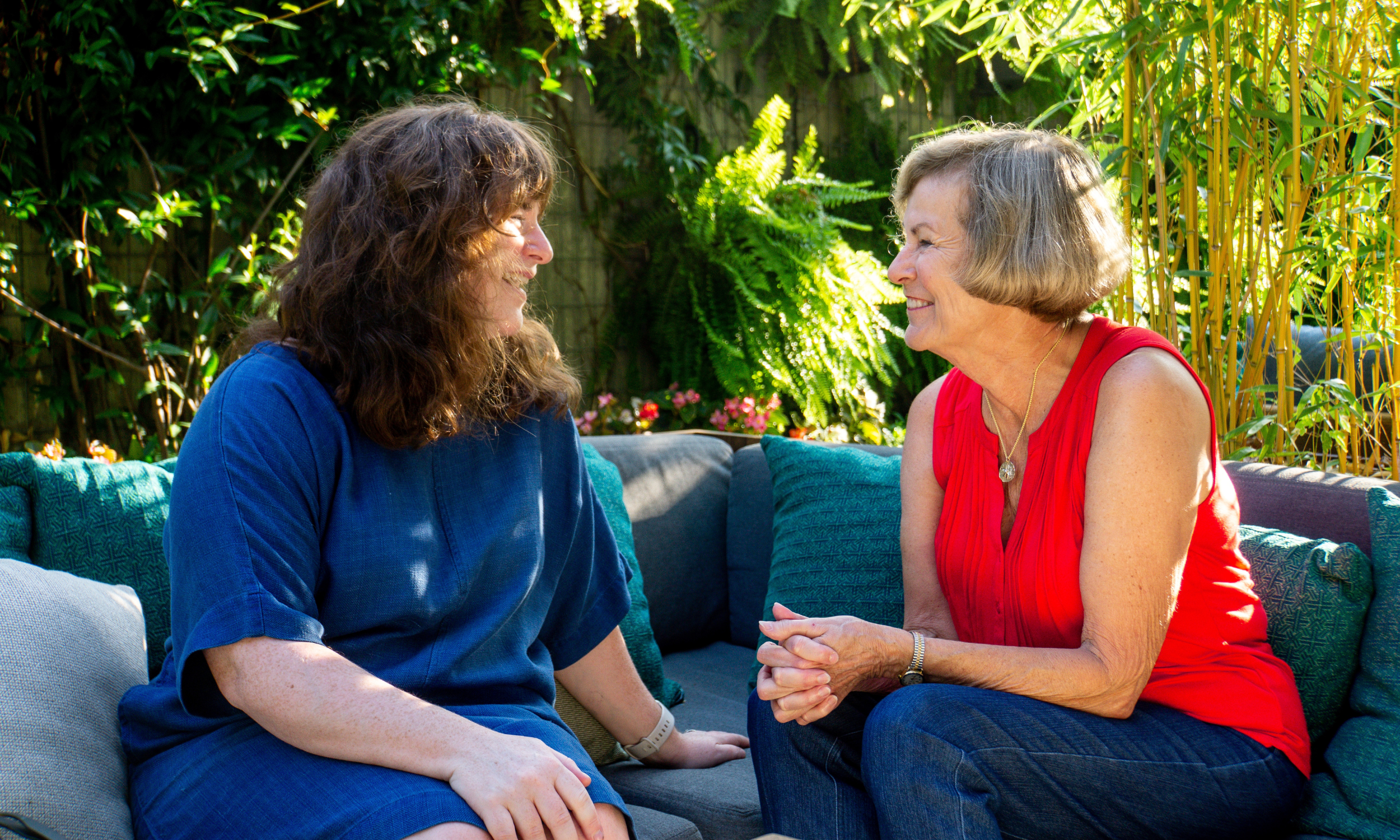Sara Barger’s (PhD ’82) career, which began as a registered nurse and concluded as Dean of the Capstone College of Nursing at the University of Alabama, is a testament to her determination, resilience, and dedication to public health and service. While she achieved great success and multiple honors throughout her impressive career, perhaps her most lasting legacy will be the impact she is making, and will continue to make, on students supported by the Nurse Leadership Legacy Fellowship Fund
Her foray into nursing began during high school when she shadowed a public health nurse and was immediately  captivated. Soon after, Sara enrolled at the University of Maryland and embarked on a journey towards becoming a nurse—a decision that would lay the foundation for her illustrious career. Three days after graduating with a bachelor’s degree in nursing science, Sara began her career as a nurse in Prince George’s County, Maryland, where she quickly realized further education would be vital to advance her career.
captivated. Soon after, Sara enrolled at the University of Maryland and embarked on a journey towards becoming a nurse—a decision that would lay the foundation for her illustrious career. Three days after graduating with a bachelor’s degree in nursing science, Sara began her career as a nurse in Prince George’s County, Maryland, where she quickly realized further education would be vital to advance her career.
After working for three years as a public health nurse, and driven by a desire to make a difference, Sara moved to Atlanta, Georgia to pursue a master’s degree in nursing from Emory University. But it was during her time at Health District 10 in Athens, Georgia, that Sara’s passion for healthcare administration flourished.
“Being part of a district that allowed us to try out new programs and approaches was incredibly fulfilling,” she notes. “It fueled my desire to effect positive change. I realized that to truly make a difference in healthcare administration, I needed a deeper understanding of finance and budgeting,” she explains. This realization led her to pursue a Doctorate in Public Administration (DPA) from the University of Georgia.
Sara’s academic journey was marked by a commitment to addressing healthcare shortages in rural areas, particularly through the utilization of nurse practitioners in rural health clinics. Sara’s DPA (which has since been converted to a PhD) made it possible to combine her love of health practice with the education to make her research translatable to real world healthcare experiences.
After finishing her DPA, Sara was recruited to Clemson to be the Director of the Nursing Center, which was a nurse-run clinic created by the College of Nursing.
“My research focused on the effectiveness of nurse-run clinics,” she explains. “I was determined to find innovative solutions to expand access to healthcare.”
Sara’s unique experience grounded in practice and supported by her research allowed her the opportunity to rise through the ranks to full professor and associate dean for practice. She spent an additional four years at Northern Illinois University as the Chair of the School of Nursing, before being recruited to the University of Alabama as the dean of the Capstone College of Nursing, where she worked with faculty to obtain federal funding to open nurse-run clinics in rural areas.
As a longtime health practitioner and administrator, Sara’s career has been shaped by three important lessons that she hopes to impart to future generations of healthcare leaders: build on where you came from, where you want to go, and your passions; be willing to take risks and push boundaries for the right reasons; and surround yourself with people who are different than you and smarter than you.
After retiring, Sara knew she wanted to give back to SPIA to help prepare other nurses for leadership roles in healthcare.
“I knew firsthand the value of a program like SPIA,” she affirms. “It equipped me with the interdisciplinary knowledge needed to navigate the complexities of healthcare administration.”
She recognizes the importance of nurses in influencing health policy and administration, citing the need for more nurses in decision-making positions. Sara’s philanthropy, exemplified by the Nurse Leadership Legacy Fellowship Fund, aims to support nurses like Victoria Bethel, the fund’s inaugural recipient.

 ever made.”
ever made.”